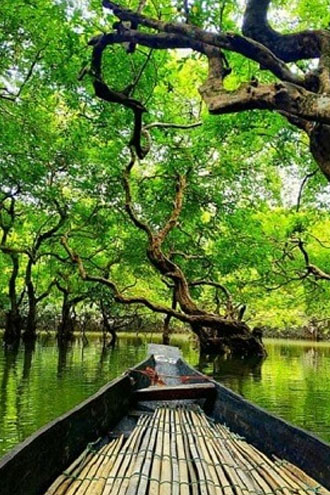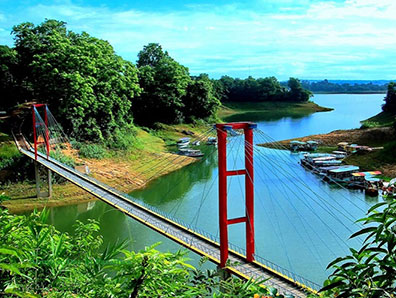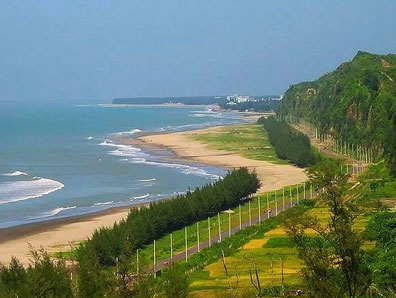Samoa, officially known as the Independent State of Samoa, is a country located in the South Pacific Ocean. The country is made up of two main islands, Upolu and Savaii, and several smaller islands. The capital of Samoa is Apia, and the official languages are Samoan and English. The population is around 200,000 people.
Samoa has a rich culture and history, with its traditional customs and practices still being widely practiced today. The fa'a Samoa, or the Samoan way of life, is a key aspect of the country's culture and includes things such as respect for elders and the importance of community. Samoa is known for its beautiful beaches, lush rainforests, and waterfalls, and is a popular destination for eco-tourism and adventure tourism.
The economy of Samoa is primarily based on agriculture, with cocoa, coconut, and bananas being the main crops. Fishing and tourism are also important industries. Samoa is a member of the Pacific Islands Forum, the Commonwealth of Nations and the United Nations.
Samoa has a unique history, with the island being settled by Polynesians around 3,000 years ago. In the late 1800s, Samoa became a colony of Germany and later New Zealand. Samoa gained its independence in 1962 and today, it is a sovereign nation.
The Samoan culture is rich in tradition and history, with various cultural events and festivals taking place throughout the year such as the Teuila Festival, which celebrates Samoa's cultural heritage through music, dance, and traditional games. Visitors can also experience the Samoa's traditional way of life by visiting villages, participating in cultural activities and visiting the Samoa Cultural Village.


